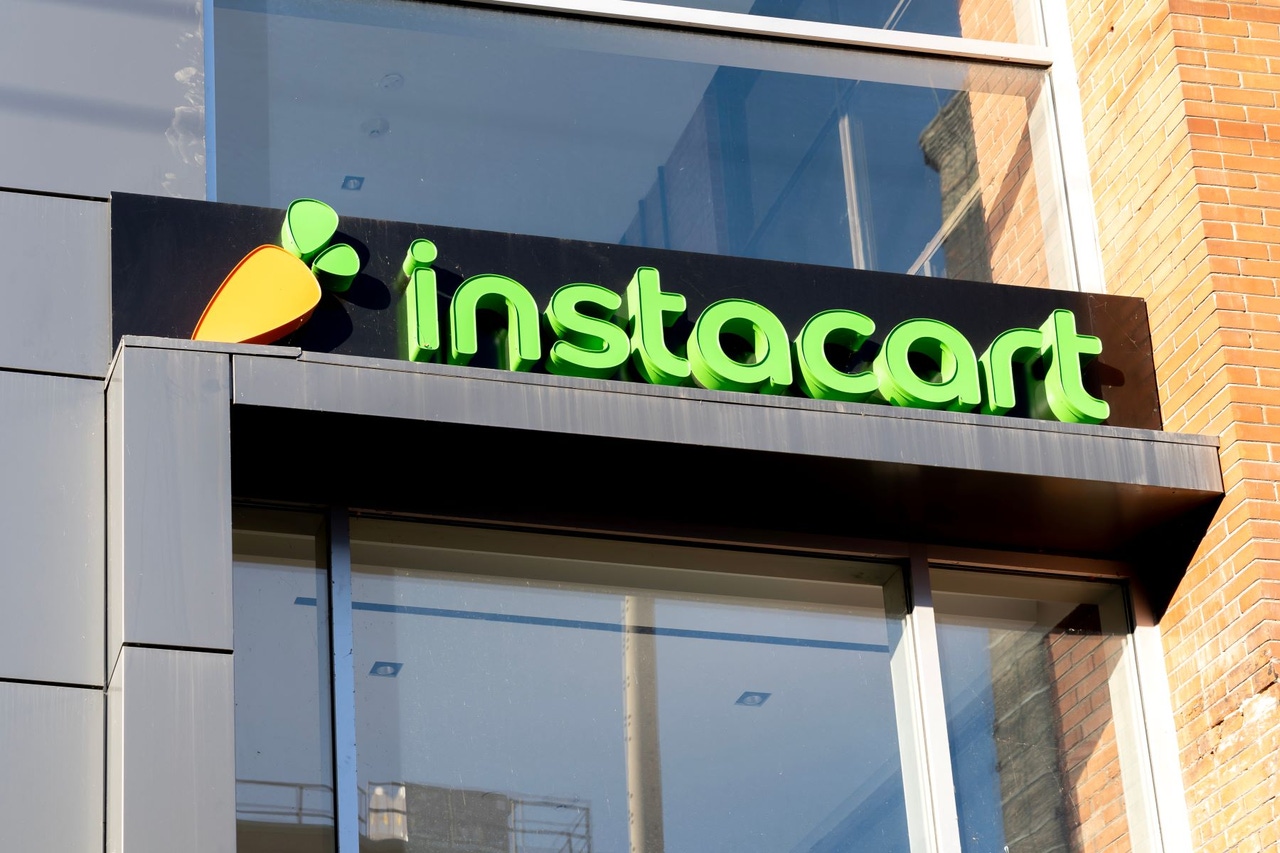California's Prop 22 is upheld in win for delivery companiesCalifornia's Prop 22 is upheld in win for delivery companies
A court ruled that companies like Instacart, DoorDash and Uber Eats can continue treating couriers as independent contractors. It's the latest decision in a dispute over the 2020 law.

Delivery companies like Instacart, DoorDash and Uber Eats can continue to treat their California drivers as independent contractors rather than full-fledged employees, a state court ruled.
It’s the latest decision in the tug-of-war over Proposition 22, the gig-company-backed law that voters approved in November 2020. The law shields the companies from having to reclassify their drivers as employees with full benefits and protections.
In August 2021, in response to a lawsuit from the Service Employees International Union, a county superior court judge ruled that Prop 22 was unconstitutional. Gig companies immediately appealed, and the decision was overturned Monday by California’s 1st District Court of Appeals.
The ruling is widely expected to be appealed to California's Supreme Court.
Delivery companies hailed Monday's decision as a victory for drivers because it preserves their ability to work whenever and wherever they want.
“App-based work offers millions of Californians the independence to earn on their own terms,” said Kristin Sharp, CEO of Flex, a group representing gig companies, in a statement. “We are pleased the court today upheld their flexibility and freedom.”
Under Prop 22, drivers are considered independent contractors with some additional benefits, such as accident insurance and the ability to get a healthcare stipend. But the companies are still excused from offering certain protections afforded to full-time employees, like paid sick leave and workers’ compensation.
The county superior court judge ruled that the law was unconstitutional because it limited the legislature’s ability to make workers’ comp laws and because it violated a rule that says ballot initiatives can address only one topic. The appeals court struck down both arguments.
Gig companies including Instacart, DoorDash and Uber Eats lobbied to get the measure on the ballot in 2020 and then contributed more than $50 million each to the cause, helping to make it the most expensive ballot initiative in California history.
In October, Instacart was ordered to pay $45.6 million to settle a gig worker case brought by the city of San Francisco. A few months later, the grocery-delivery platform was ordered to pay $5.25 million to settle a similar case in San Diego.
“Instacart has always properly classified shoppers as independent contractors, giving them the ability to set their own schedule and earn on their own terms," the company said at the time. "We remain committed to continuing to serve customers across San Francisco while also protecting access to the flexible earnings opportunities Instacart shoppers consistently say they want.”
This story was originally published in sister publication Restaurant Business Online and has been modified slightly.
About the Author
You May Also Like



.webp?width=300&auto=webp&quality=80&disable=upscale)
